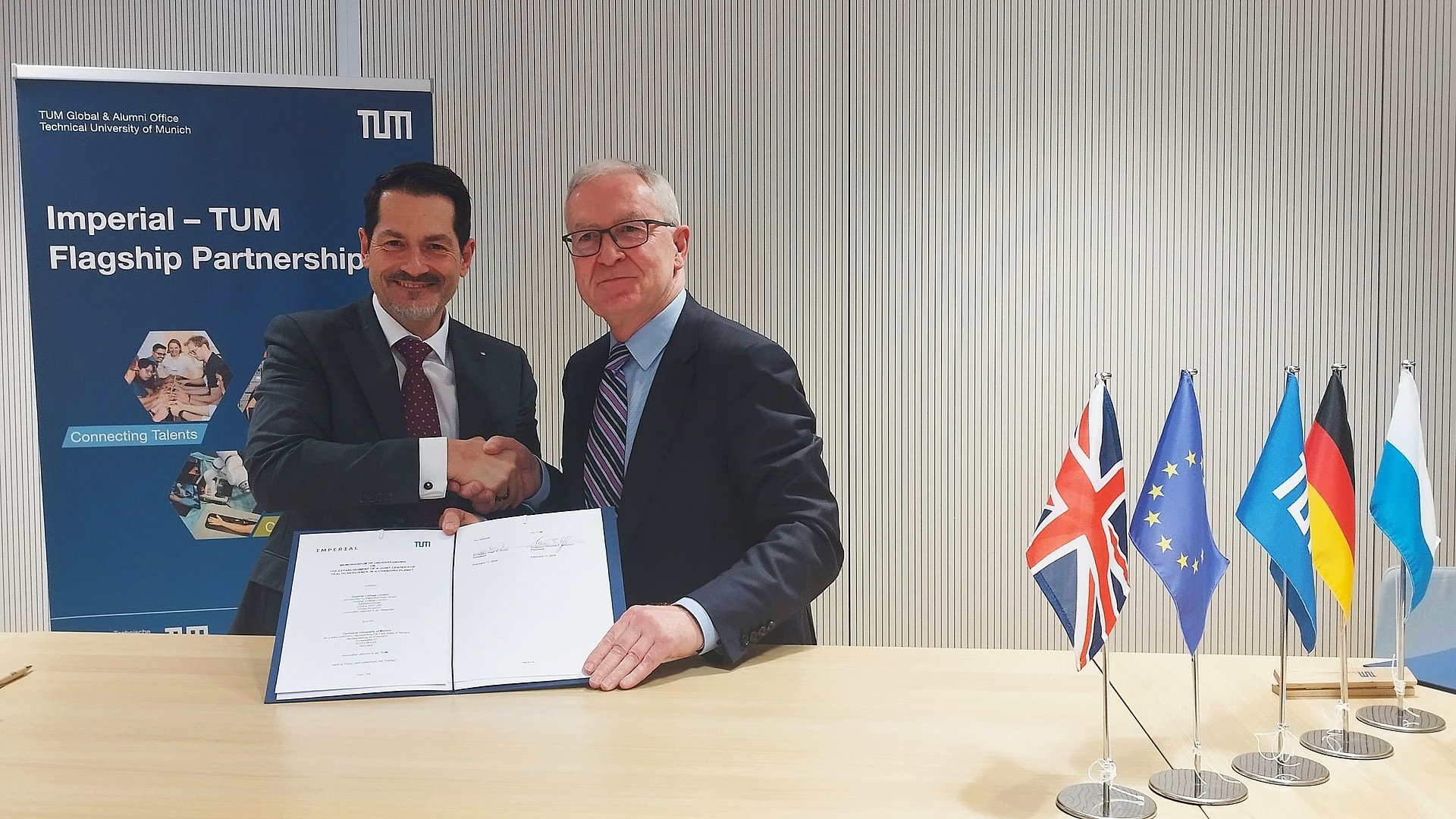TUM and Imperial establish a joint research center
Fight against harmful microplastics

The pollution of the environment with micro- and nanoparticles is an increasing challenge. The particles accumulate in water, the air, and the food chain and enter the human body via the gastrointestinal tract and the lungs. The researchers want to better understand how exactly these plastics damage the body and what role they may play in the development of degenerative diseases such as organ failure, cancer, and dementia. They also want to develop new technical methods for detecting and quantifying these particles. The results should help to provide industry and policymakers with recommendations for improved production processes and regulations.
Preparing for new health challenges
Prof. Thomas F. Hofmann, President of TUM, said: “Understanding the mechanisms of how man-made particles weaken health resilience is crucial for the development of effective countermeasures. We want to make a concrete contribution to preparing our society for the new dangers and health challenges they pose.”
Professor Hugh Brady, President of the ICL, said: “Pollution threatens human health and society. This new Centre brings together world-leading expertise and cutting-edge facilities from two of the world’s top universities to confront these challenges head-on. In its first major research focus, it will examine how particle pollutants, including microplastics, trigger inflammation and tissue damage, paving the way for new detection tools and solutions.”
TUM and ICL have been working closely together as flagship partners since 2018.
Technical University of Munich
Corporate Communications Center
- Ulrich Meyer
- presse@tum.de
- Teamwebsite


